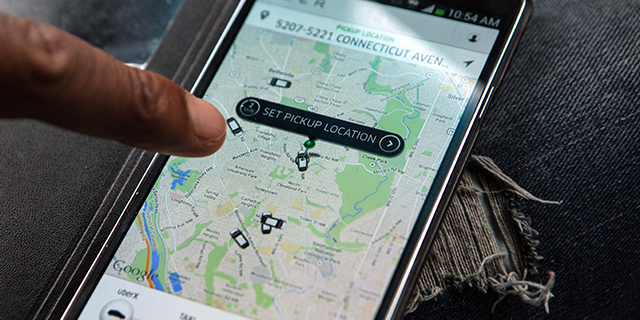Ride-hailing appeared in Ghana few years ago. Since, four major actors have been sharing this very lucrative market: Bolt, Uber, Yango and Accra Cab. Is the impact these actors have to facilitating urban mobility in Accra really visible?
In this article, based on answers provided by a representative audience of the population of Accra on the CINT consumer panel, we propose a line of thought based on three main axes:
– The accessibility of services.
– The state of competition;
– The democratization of services;
Accessibility of services
Studies have shown that the appearance of ride-hailing services of which Yango arrived to the market the latest in 2019, has greatly contributed to making the riding service offer more accessible, particularly in terms of tariffs. One point that clearly stands out in the opinion of those surveyed is the cost considered accessible for latest actors service offers. In fact, 71.4% of the 156 people surveyed believe that those services are within reach of any middle-class individual. Also, 22.2% of our panel think that even low-income people are able to afford ride-hailing services. This trend is confirmed in the over 45 age group, who are all convinced that a middle-class person can afford these services (100%).
60.1% think that ride-hailing service offer meets their quality requirements. Here again, women are definitely the most satisfied with the services offered (73.9%). Conversely, only 50% of the 45+ category think that services meet their quality requirements. At the same time most customers aged 45+ are convinced that since Yango arrival on the market, the offer has become more balanced and diversified.
State of competition
Ride-hailing market remains very competitive in Africa and in Ghana in particular, which is evidenced by a recent study which revealed that many Ghanaian users have at least two applications of riding service providers on their mobile devices. Added to Bolt, Uber, Yango and Accra Cab are the popular so-called “Trotro” transports. Many users choose their service provider according to the route or itinerary and especially according to the time of day. The “Trotro” beats the competition at peak times. In the opinion of many users, it is more convenient to save time in traffic jams.
The answers collected clearly showed that the ride-hailing market is dominated by Bolt – 55.2% of people call it the most affordable service with Yango taking second place in the pollwith 17.7% and Uber coming third with the 16.9%. The interesting part here however is that users who actually have used Yango are convinced that it’s tariffs are the most affordable from their first try (up to 41.3%). As for regularYango users, they are definitely convinced – 60.7% of them calls Yango the most affordable service. With Uber and Bolt users the results are not that noteworthy. So we guess that if you haven’t tried out Yango yet – it’s high time to make your first ride.
The democratization of services
Ride-hailing activity is highly dependent on ICTs. And in this regard, Ghana has a comparative advantage. Indeed, it is today the country with the highest mobile penetration rate in West Africa with 55%. The answers collected from users also confirms that the rate of Internet users via mobile terminals is changing at practically the same rate as that of users of taxi services. It is respectively 75.8% and 64.1%. Better still, these two rates are substantially equal for female users (73.9% and 75%). Taking the age categories into account, we note the highest rate of mobile Internet use in those aged 45+ (100%) and that of the use of taxi services in those aged 35-44 (68 %).










